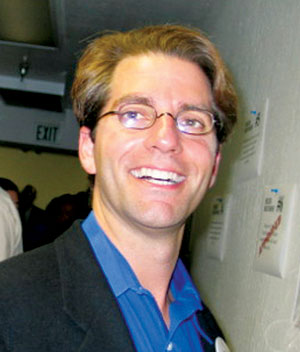

While U.S. Attorneys continue sending menacing letters to medical cannabis collectives, the California Supreme Court decided last week to inspect two controversial court decisions.
A unanimous vote Jan. 18 by the judges in closed session opens the door for the state’s high court to review Pack v. Superior Court and the case of City of Riverside v. Inland Empire Patient’s Health and Wellness Center. The Pack decision found that the city of Long Beach broke federal law. “[A]s far as Congress is concerned,” the decision says, “there is no such thing as medical marijuana.” (That decision met the medical cannabis industry with a lower approval rating than Congress and sets the stage for a full-blown state’s rights issue.) Meanwhile, the Riverside ruling allows local governments to craft their own bans on pot clubs.
The Supreme Court has yet to announce a schedule for hearing arguments, but city officials in San Jose have been closely following both cases as negotiations for a new regulatory ordinance here chug along. The city still has until March 6 to decide on a way to regulate medical marijuana dispensaries that is significantly different than the one passed in September, following the successful petition drive for a referendum. Otherwise, the decision gets sent to the ballot in June.
According to San Jose City Councilmember Pierluigi Oliverio, the city wants to cut a deal. “At this point, putting it on the ballot is probably not the best route,” he says.
But to avoid the ire of federal authorities in San Jose, city officials are carefully considering the language they employ.
“We are not going to issue permits or licenses,” says Mayor Chuck Reed. “Our ordinance is structured so that we give them a certificate of compliance in local law. The courts have been giving us some guidance.”
Leaving future court decisions aside, a recent city memo provides a glimpse into which collectives are more likely to remain in business. The city says there are 117 active dispensaries in San Jose, but only 54 have paid the business tax every month since it went into effect last March. One thing the mayor and councilmembers have consistently agreed upon is that up-to-date payments on that tax—which could go from 7 to 10 percent in February—are mandatory to continue operations when an ordinance is finalized.
Since the referendum qualified for the ballot, Title 20, which deals with land use and zoning, has been suspended and will only become effective if the regulatory ordinance does as well. For now, Oliverio predicts that collectives that have operators with clean records (i.e., no drug offenses) and on-site physicians will further whittle down the number of qualified applicants if/when a compromise is reached.


